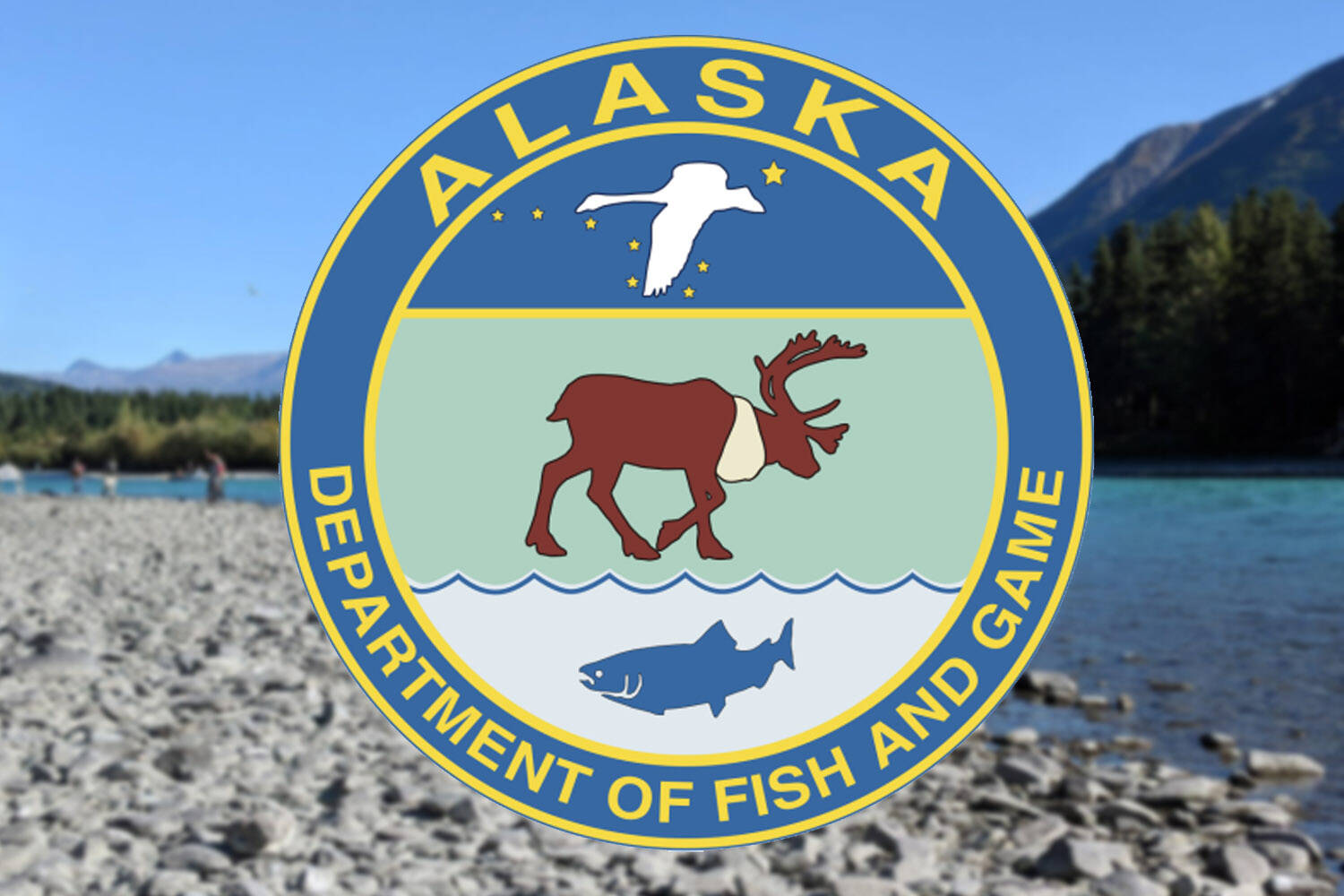The State Department of Fish and Game has published their comments on 15 agenda change requests to the State Board of Fisheries ahead of a work session that will take place later this month. Of the 15 requests on the agenda, more than half center on the Kenai River or its king salmon management plan, which aren’t scheduled to return before the board until 2027.
The requests ask the board hear fishing regulation proposals outside of their three-year cycle. If accepted by the board during their meeting in Anchorage on Oct. 29 and 30, that proposal will be considered at a meeting this winter.
According to the form for agenda change requests, the board “recognizes there are times” when issues require “more immediate attention” than its three-year cycle allows. These requests will only be heard, the form says, for purposes of fishery conservation, to correct an error in regulation, or to correct an effect “unforeseen when a regulation was adopted.”
The department comments center on those considerations, not weighing the proposals themselves but rather describing their findings as to those specific criteria: whether a request is for the purpose of conservation, corrects an error in regulation, or address effects “unforeseen.”
A series of requests calling for modification to the season dates and times for commercial dipnetting in the east side setnet fishery are found by the department to address “unforeseen” effects of a regulation on a fishery. That’s because, they write, “the effectiveness and commercial viability” of the recently approved dipnets were “unknown.”
The report says further that the gear type is “low efficiency,” saw “mixed success,” and faced “several limitations” including sensitivity to weather conditions that can prevent fishers from participating.
There are three requests seeking consideration of different modifications to fishing time, including increasing the season dates for commercial dipnetting or increasing days allowed for fishing from three days per week up to seven days.
Another request seeking to allow the use of leads that would funnel fish into dipnets is not supported by the board, who write that the leads were discussed during the board’s meeting in March and decided at that time not to allow leads — “there is no new information available to alter this discussion.”
An effort to see beach seines allowed in the ESSN is also found by the department to address unforeseen effects. They write that when the board closed the ESSN and allowed dipnets in their stock of concern management plan for late-run king salmon on the Kenai River, they “encouraged the public to explore other potential methods through a commissioner’s permit.”
Brian and Lisa Gabriel obtained a commissioner’s permit and tested beach seines on a few different sites this summer. They told the Clarion in July that they’d seen their nets work successfully — that they hadn’t killed a king salmon, that they could adapt the nets to different sites, and that they’d caught enough sockeye to be economically viable.
The department says that the results of those tests represent new information.
“The board has not had the opportunity to hear this information and consider if the gear and methods should be a legal gear type in the Upper Subdistrict.”
A pair of requests by Sterling Sportfishing Support are not supported by the department.
In the first, the group calls for an increase in the bag limit and size limits for rainbow trout on the Kenai River. The department says that a 2018 rainbow trout assessment indicates “high abundance” that supports a “vibrant fishery.” They write that the request doesn’t have a conservation purpose, correct an error or address an unforeseen effect.
The group’s other proposal would allow bait in the Kenai River from Bings’ Landing upstream to the mouth of the Upper Killey River from Aug. 15 to Oct. 31. The department doesn’t find grounds to accept the request.
The full comments can be found at the State Board of Fisheries page at adfg.alaska.gov, under meeting information for the Oct. 29 and 30 work session.
Reach reporter Jake Dye at jacob.dye@peninsulaclarion.com.

